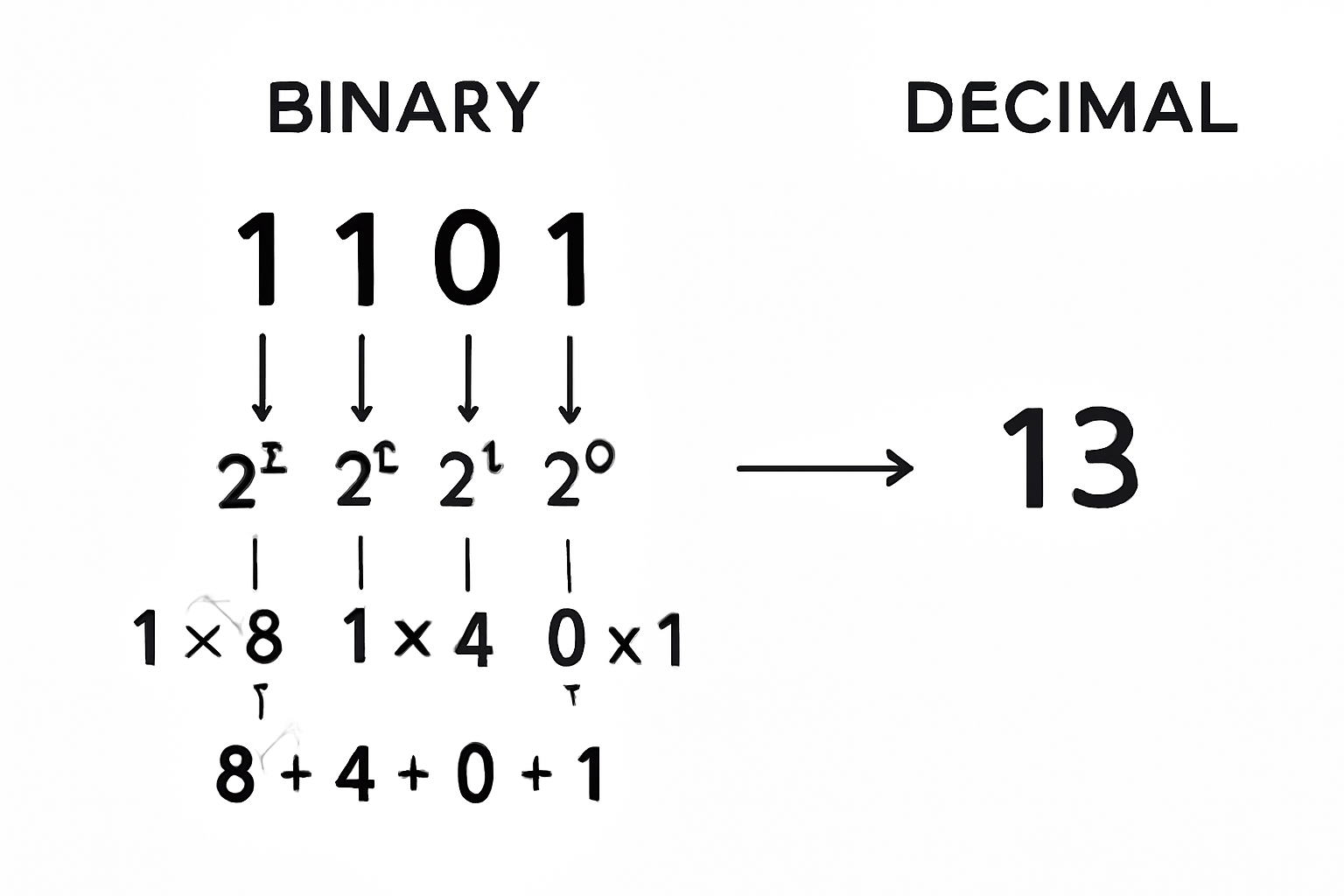
Binary converter
Created on 2 October, 2025 • Converter Tools • 78 views • 3 minutes read
A binary converter is a tool designed to transform numbers from one numeral system to another, particularly between binary (base-2), decimal (base-10), hexadecimal (base-16), and octal (base-8). This conversion process is crucial in computing and digital s
Understanding the Binary Converter: A Simple GuideBinary converters are essential tools in the world of computing, allowing us to seamlessly translate between binary and other numeral systems such as decimal, hexadecimal, and octal. These converters play a crucial role in digital technology, as computers and electronic devices process data in binary code. In this article, we will explore the importance of binary conversion, the different types of binary converters, and how to use them.
What is Binary?
Before diving into the binary converter, it's essential to understand what binary is. Binary is a base-2 numeral system used by computers and digital systems. It consists of only two digits: 0 and 1. Each digit is referred to as a "bit," and a group of bits is used to represent data. The binary system is the foundation of all computer operations and is used to store and manipulate data in digital electronics.
Why is Binary Conversion Important?
Binary conversion is necessary for several reasons. Computers operate on binary numbers, but humans typically use decimal numbers (base-10) for daily tasks. Binary converters enable the translation between these two systems. For example, when you type text on a computer, the letters are translated into binary code for the computer to process.
Moreover, binary conversion also helps in understanding how data is stored and processed. With the growing complexity of modern computing, understanding binary is crucial for fields such as programming, computer science, networking, and even digital design.
Types of Binary Converters
1. Decimal to Binary Converter
A decimal to binary converter allows users to convert decimal numbers (base-10) into binary (base-2). Decimal numbers are the ones we commonly use, but computers require binary numbers to perform calculations. These converters can either be manual or automatic tools that provide immediate results.
2. Binary to Decimal Converter
Just as you may need to convert decimal numbers to binary, a binary to decimal converter does the reverse. It allows users to convert binary numbers back into human-readable decimal numbers. This is useful when you're working with binary data but need to understand the corresponding decimal value.
3. Binary to Hexadecimal Converter
Hexadecimal (base-16) is often used in computer science to represent large binary numbers in a more compact form. A binary to hexadecimal converter is a useful tool for programmers who work with low-level data in memory addresses, machine code, and other contexts.
4. Binary to Octal Converter
An octal (base-8) system is another numeral system that can be used to represent binary numbers. Binary to octal converters are often used in computer science, particularly in programming languages and systems that rely on octal representations of data.
How to Use a Binary Converter
Using a binary converter is simple, whether you are converting numbers manually or using an online tool. Here's a step-by-step guide for using an online binary converter:
Step 1: Choose Your Converter
First, determine which conversion you need—decimal to binary, binary to decimal, or any other type. Select the appropriate tool based on your needs.
Step 2: Enter the Number
Enter the number you wish to convert into the provided input box. Ensure that you input the correct format (e.g., decimal, binary, hexadecimal) based on the type of converter you're using.
Step 3: View the Output
Once you input the number, hit the "convert" button. The binary converter will provide you with the converted value in the desired numeral system.
Step 4: Use the Result
Now that you have your result, you can use it for programming, digital design, or understanding the underlying data in binary form.
Benefits of Using Binary Converters
Using binary converters offers several advantages:
Efficiency: Automated converters save time compared to manual conversion.
Accuracy: Binary converters eliminate human errors that could occur in manual calculations.
Versatility: With various converter types, users can easily switch between different numeral systems.
Accessibility: Many binary converters are available online for free, making them accessible to anyone with an internet connection.
Conclusion
Binary converters are indispensable tools for anyone working with computers or digital systems. Whether you're a programmer, engineer, or someone with a general interest in technology, understanding and using binary converters is a valuable skill. By converting between binary, decimal, hexadecimal, and octal systems, you gain a deeper understanding of how computers process data.
With the availability of numerous online tools and apps, binary conversion has never been easier. Whether for educational purposes, professional tasks, or just curiosity, a binary converter is a handy tool in today's digital world.
Popular posts
-
Barcode readerMisc Tools • 160 views
-
Color pickerMisc Tools • 122 views
-
Exif readerMisc Tools • 117 views
-
SHA-256 generatorGenerator tools • 93 views
-
Ip LookupChecker Tools • 90 views